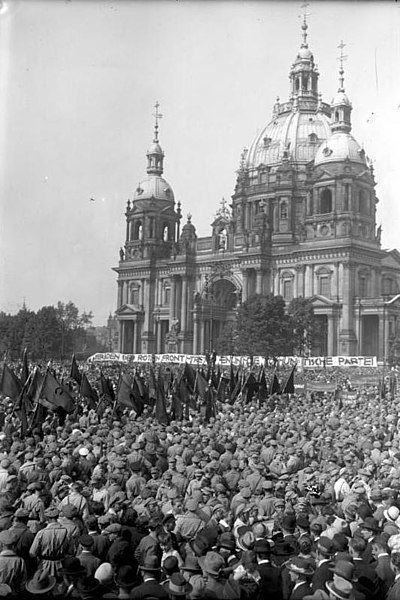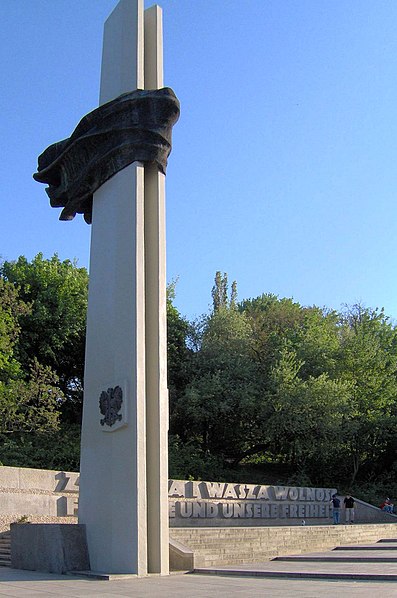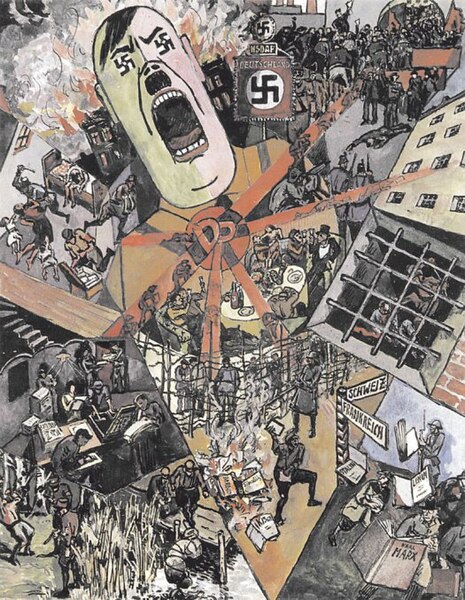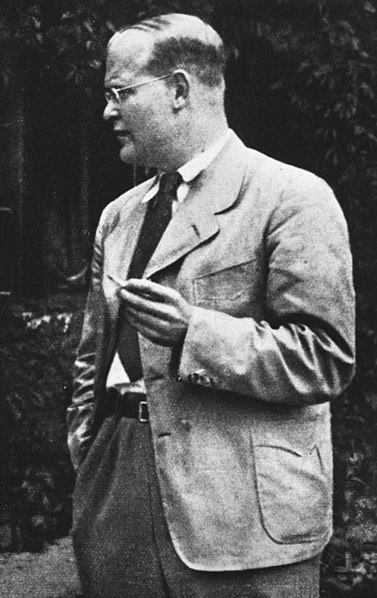Anti-fascism is a political movement in opposition to fascist ideologies, groups and individuals. Beginning in European countries in the 1920s, it was at its most significant shortly before and during World War II, where the Axis powers were opposed by many countries forming the Allies of World War II and dozens of resistance movements worldwide. Anti-fascism has been an element of movements across the political spectrum and holding many different political positions such as anarchism, communism, pacifism, republicanism, social democracy, socialism and syndicalism as well as centrist, conservative, liberal and nationalist viewpoints.
An Italian partisan in Florence, 14 August 1944, during the Italian Civil War
Dutch resistance members with U.S. 101st Airborne troops in Eindhoven, September 1944
1931 badge of a member of Concentrazione Antifascista Italiana
1928 Roter Frontkämpferbund rally in Berlin. Organized by the Communist Party of Germany, the RFB had at its height over 100,000 members.
German resistance to Nazism
Many individuals and groups in Germany that were opposed to the Nazi regime engaged in resistance, including assassination attempts on Adolf Hitler or by overthrowing his regime.
Memorial plaque for resistance members and wreath at the Bendlerblock, Berlin
The Memorial to Polish Soldiers and German Anti-Fascists 1939–1945 in Berlin
"The Third Reich", 1934 painting by the anti-Nazi exile German painter Heinrich Vogeler.
Dietrich Bonhoeffer at Sigurdshof, 1939.








